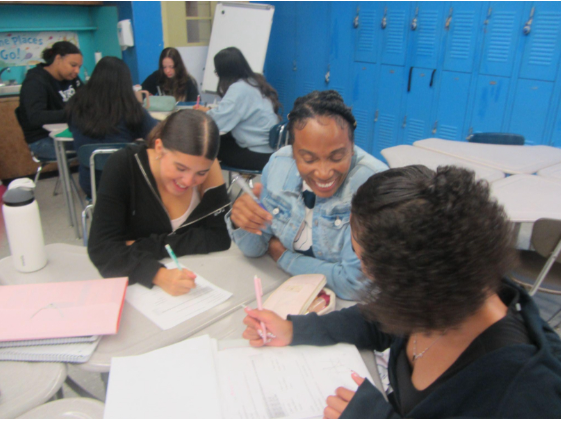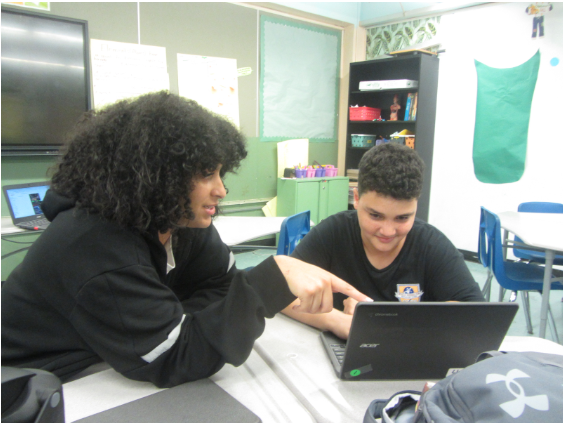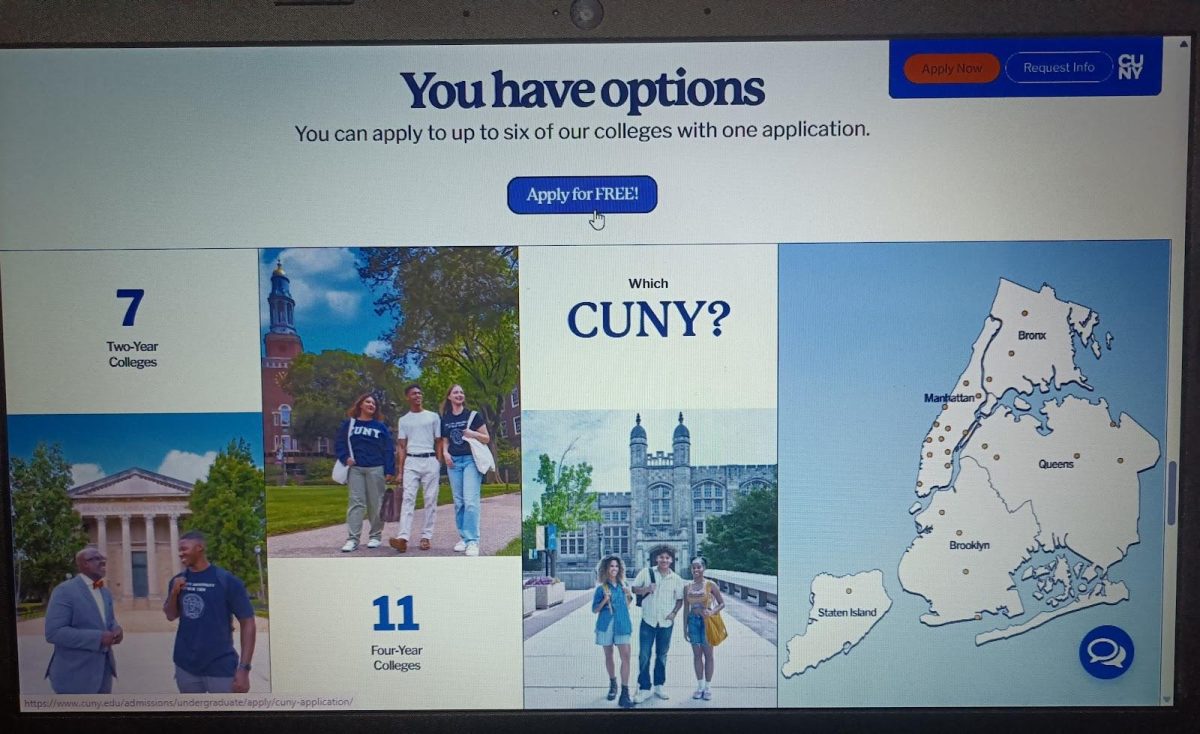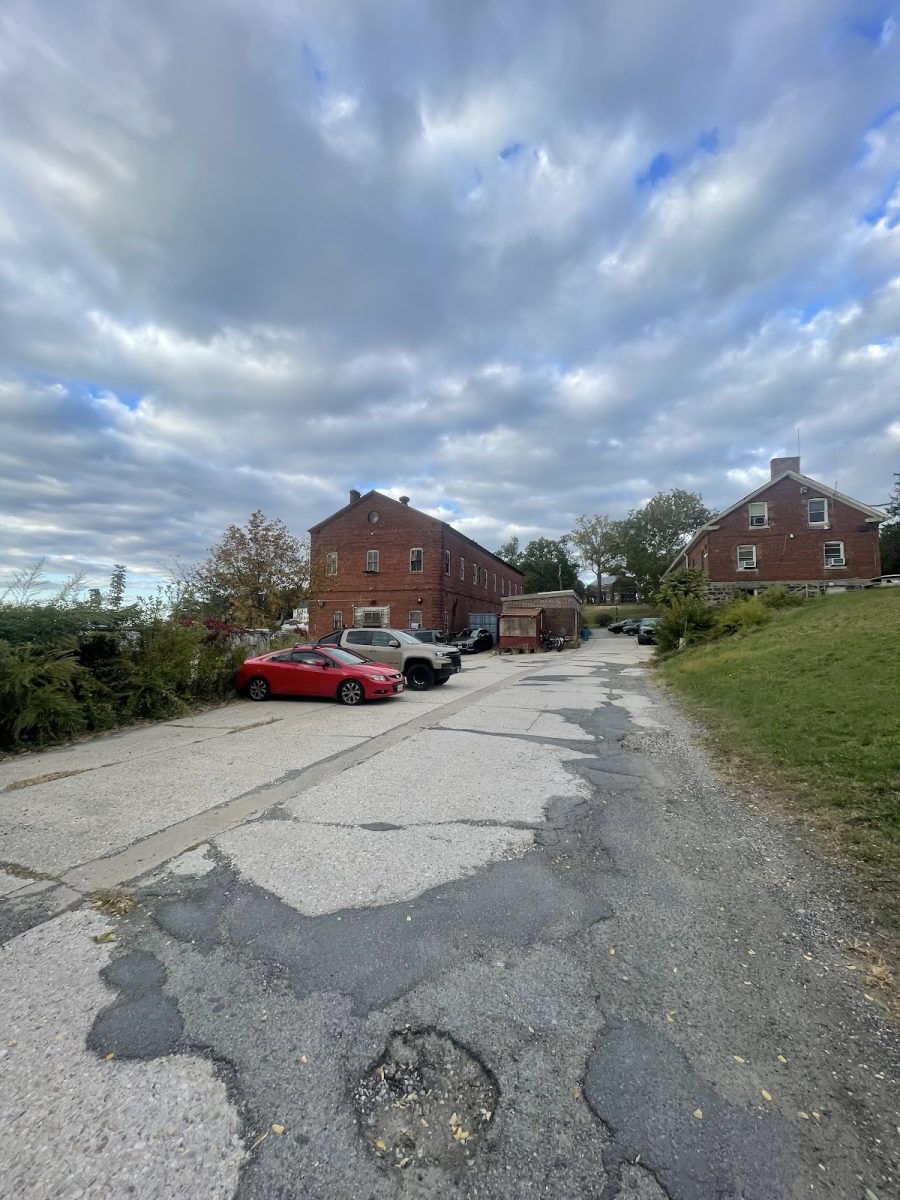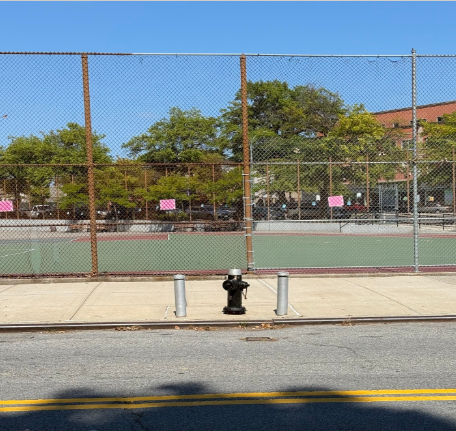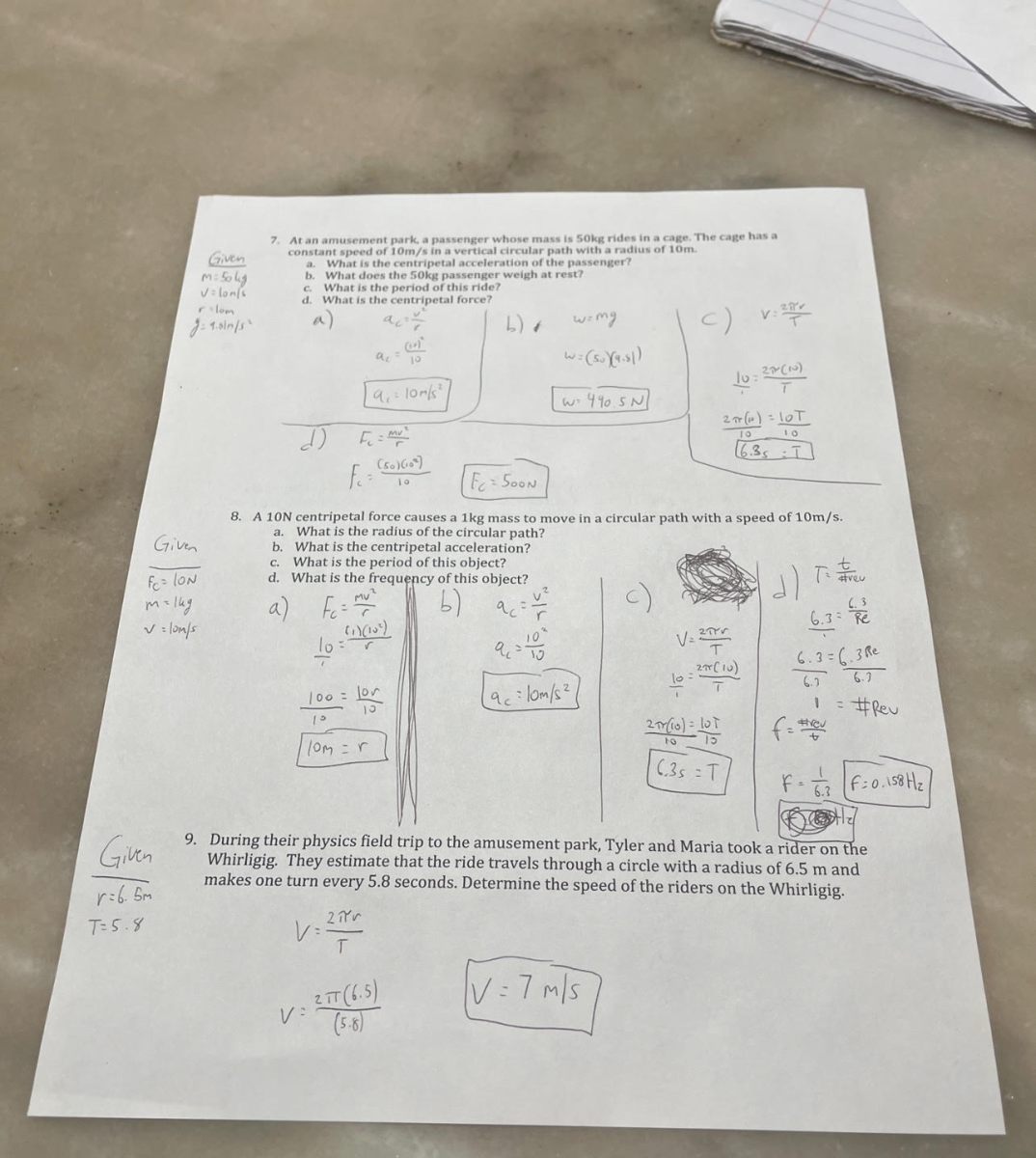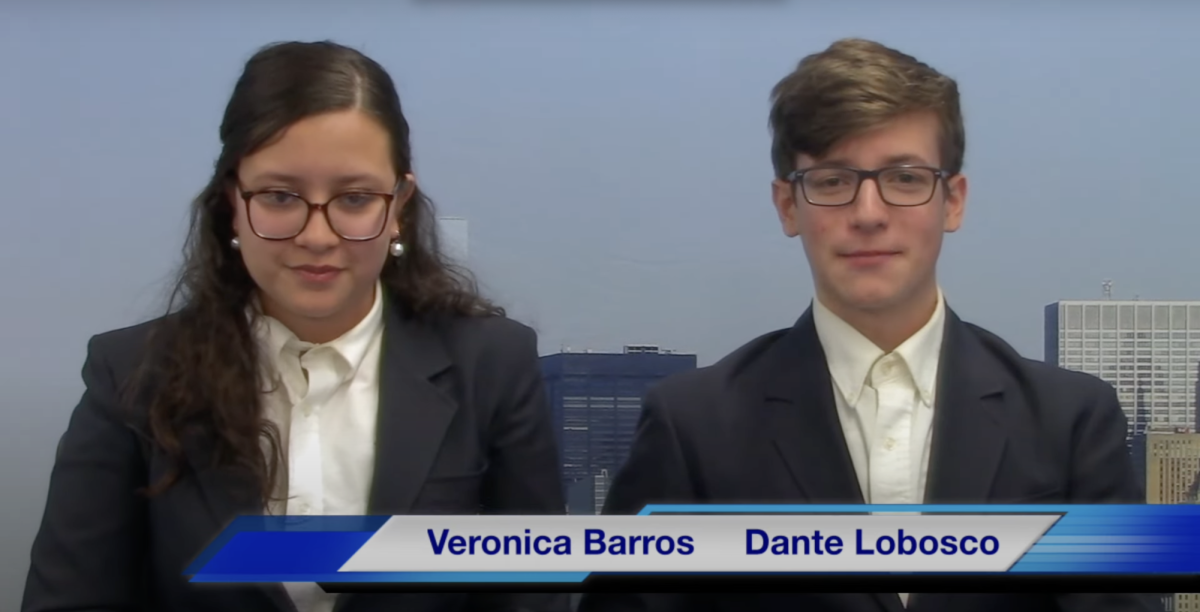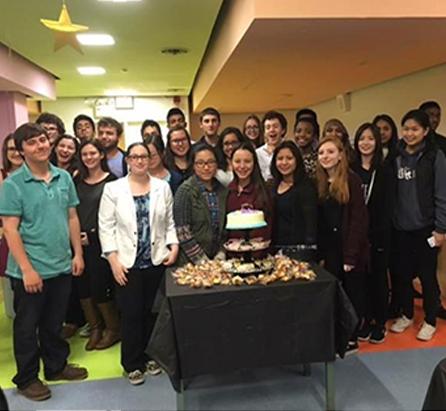by Yealin Lee, staff reporter

Everyone has heard of vaccinations; a shot to protect one from a particular disease.
According to the Merriam-Webster Dictionary, vaccines are defined as “a substance that is usually injected into a person or animal to protect against a particular disease” and “a preparation of killed microorganisms, living attenuated organisms, or living fully virulent organisms that is administered to produce or artificially increase immunity to a particular disease”.
Although many students and teachers know what vaccinations are, they don’t know exactly what it is and what it does.
“I think vaccinations are medicine that gets injected into you with an specific illness or disease to teach your immune system to fight off the disease,” freshmen Robyn Landolfi said.
Students get vaccinations to avoid bringing any types of diseases into school and to keep themselves from getting sick.
“I get vaccination shots. They help you defend diseases from coming into your body,” junior Heejin Kim said.
Some believe that although vaccinations help, flu shots are not needed.
“For major diseases I get vaccinations for but I don’t get the flu shots because the flu changes so much even within one season. It’s not very accurate and it’s a guess by scientist on what the flu is going to be. So technically you could get the flu vaccine and still get the flu. The flu vaccine, to me, is more deceitful rather than helpful,” physics teacher Ms.Katz said.
Centers for Disease Control and Prevention(CDC) demonstrates and teaches how vaccinations really work throughout the body and what it does. Some of the times, there is no real guarantee. It is more like a guess and check for the doctors on which diseases might be widely spread. They then make a mixture with a part of that disease to create a immunity within one’s body so that the next time it tries to spread, their cells will read the code and know that it is a bad germ and fight it off.
Although it is highly recommended to get vaccination shots, it is up to each individual to decide if vaccines are useful or not.

